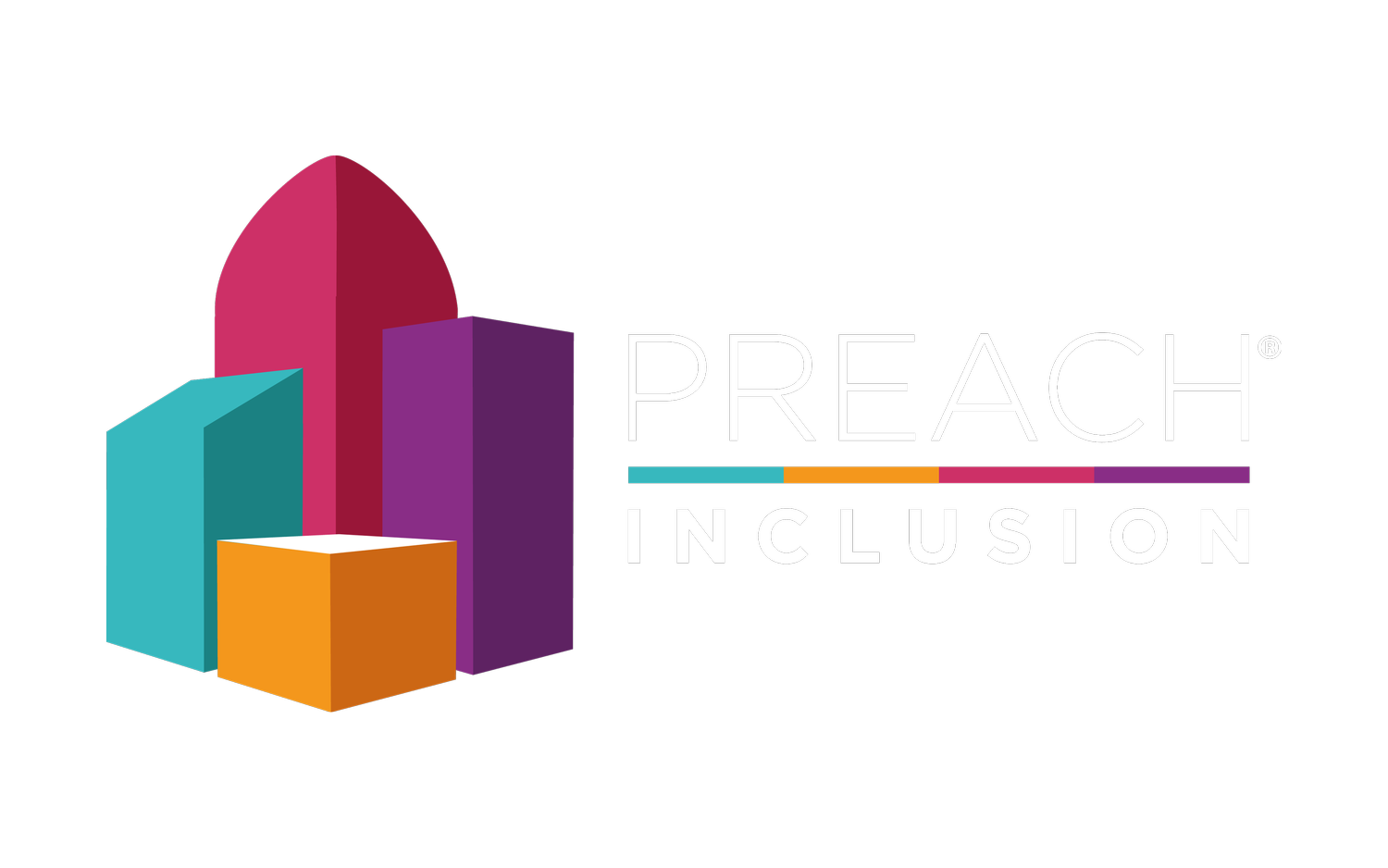A Ramadan like no other, 2020 COVID edition
This year, the holy festival of Ramadan has been different for millions of Muslims around the world, impacting their family and working lives in numerous ways, positive and negative.
As we celebrate Eid this weekend (23 - 24 May 2020), Haaris Lakhani, Finance Manager at Grayling, shares his experience of Ramadan during the COVID-19 pandemic, what he's done differently and what this period has taught him.
How has Ramadan been for you this year in light of the pandemic? What have you and your family done differently?
Ramadan has always been a time where family and friends get together to open their fast, pray and spend quality time together. Usually, there would be Iftar (break of fast) invites at least 3-4 times a week whether that is at home or in a restaurant, however, this year, in light of the current pandemic, Ramadan has been completely different for me, the 2.6 million Muslims across the UK and also the billions of Muslims across the world.
Physical presence has been replaced with digital presence via calls on Zoom for Iftar with family and friends. Spiritually the experience has also been somewhat more personal, where you are spending more time connecting and studying your faith and also spending more time with your immediate family if you live with them, or individually if you live alone.
This year has also taught us to see the best in any situation that life brings to you and also adjusting to it as needed. As the majority of people are still isolating, there has also been a bit more time to be creative when it comes to iftar meals.
The use of family recipes which were hidden away in books or etched in our memories have come to life, as this is one way that we can feel more connected and make Ramadan feel more special.
My mother and I volunteer at a local foodbank based in Barking called HUMDUM CIC, which has seen a 250% surge in attendance in light of the current pandemic. Although we like many other of the volunteers this year have had to isolate because we live with people in the risk category, we all still try and support the service by providing the home cooked meals which are distributed daily to the foodbank clients.
Charity (Zakat) and generosity are an essential part of this month so everyone is supporting in any way they can whether that is through volunteering or donating.
What has this period taught you about your religion and the importance of community?
This period has taught us not to take things in life for granted, whether that is having the ability to go to a shop and find items readily available on the shelves or even the importance of community and interaction. It has also taught us to follow even more closely the narration of the Hadith (sayings of the Prophet Muhammad) when it comes to this pandemic.
The intellect emphasises taking all precautionary measures in things such as cleanliness and also narrates “When you hear that a plague is in a land, do not enter it and if the plague breaks out in a place while you are in it, do not leave that place,". This narration appears to be relevant for the modern-day advice in preventing the spreading of the virus.
The communal prayers (Taraweeh and Eid) this year have been replaced with praying at home and virtual prayers. It has also therefore redefined the importance of community and also having the ability of being able to do basic things, like going to the shops or seeing family and friends.
The current situation is not something anyone can say they were prepared for, so we are all learning as we go along to adapt and adjust to it.
We are all making it a priority, with mental health in mind, to call and check-in on our friends, family and vulnerable neighbours to make sure they know that we are there to help each other whether it is support for shopping or even just a chat. I would say this means that it has brought us closer to our religion.
Has working from home made fasting easier or harder?
Working from home has made fasting easier this year. The first couple of days are a bit of a struggle as your body adapts to this new lifestyle, however, with the commute to work cut out this year, fasting has felt somewhat more relaxed in a way. You are in the comfort of your own home, so the overall feeling of fasting does not change. However, at the same time, as we are at home in the same setting for hours on end, the day can sometimes feel a bit longer than it would have if you were in the office, so both aspects have their pros and cons.
Thank you Haaris for kindly sharing your experience with us about how Ramadan has been for you this year. Some real acts of kindness here, which I am sure we can all learn from as well.
